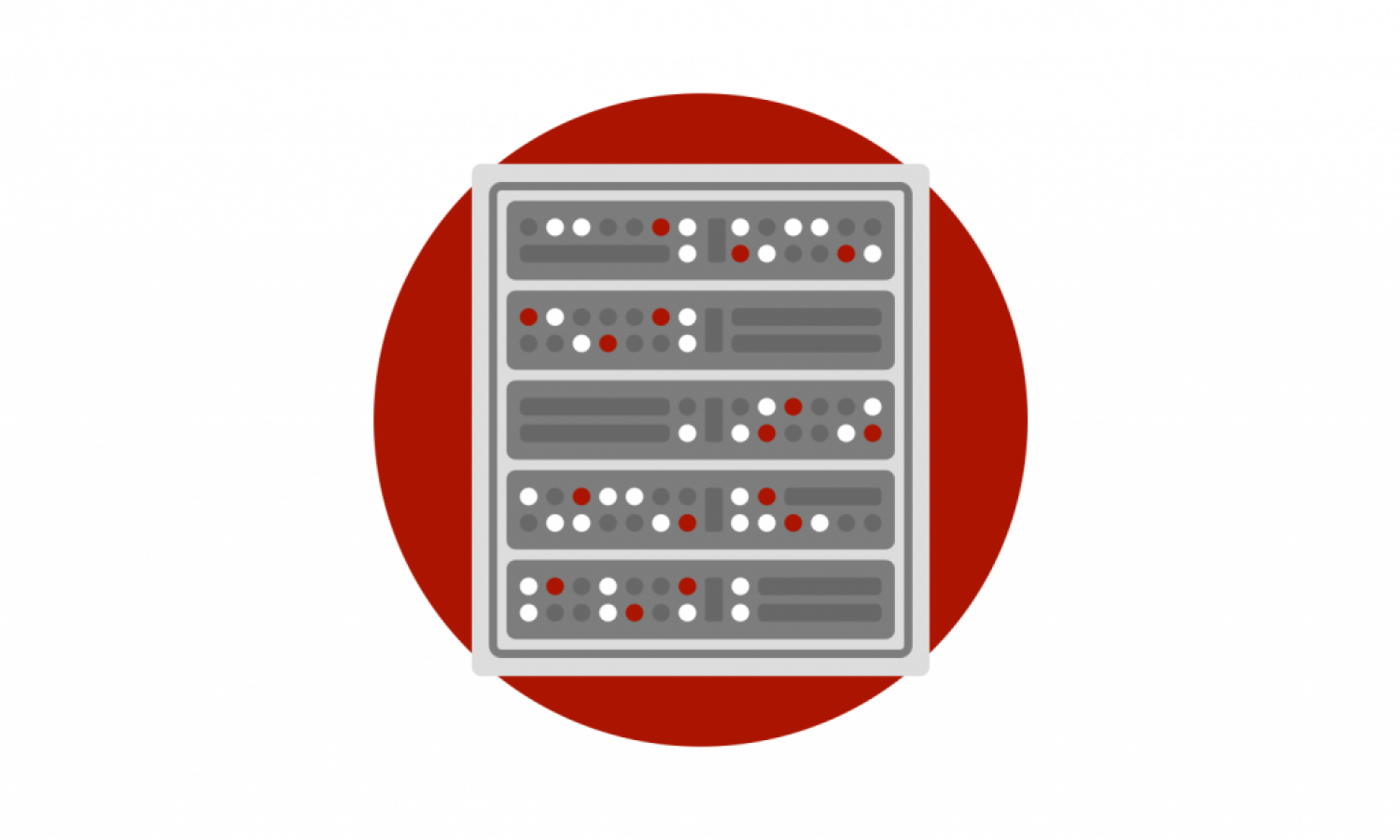DOTCOM Act Could Slow IANA Transition Process
The House Energy & Commerce Committee’s vote to recommend the DOTCOM Act to the full House for approval has the potential of slowing the transition of the IANA function to the global multistakeholder community. The i2Coalition believes that this transition, if given the opportunity to be handled properly by the multistakeholder community unencumbered by U.S. political gamesmanship, will lead to a more vibrant global economy and a stronger Internet. The DOTCOM Act is harmful to the future of the Internet and the economy that relies on Internet growth. The IANA transition process should be allowed to move forward without delay, and this decision is clearly a disappointment.
The global Internet governance process stands at a critical point. Though the IANA functions are little more than an administrative task, they have become a core symbol behind an idea that the U.S. government exerts undue influence over Internet decision-making worldwide. The global perception of the NSA’s data collection programs has impeded global adoption of the cloud, with businesses worldwide making decisions based on where data is located instead of on a technical or operational basis. The transition of the IANA function to the multistakeholder community has the potential to disarm much of the global criticism levied against the way the Internet is currently governed, which is a positive thing for an economy that relies upon the free and open Internet that multistakeholderism enables.
ICANN is the organization currently contracted with NTIA to process IANA function. NTIA doesn’t use it’s role as IANA function overseer to demand more ICANN accountability, and yet ICANN critically needs more accountability and oversight. We and the rest of the Internet governance community are engaged in a global discussion of how to build that new oversight mechanism, and how to ensure that the new global model can better preserve and protect free speech and an open and transparent global Internet. Enterprise, civil society, Internet users and of course governments are a part of this dialogue – Congress has a seat at the table to engage in the transition process should they seek to join us, but they should not seek to stand in the way. This is a path to opportunity if done right.
Stubbornly holding on to the IANA functions serves little purpose for the United States, and has the potential of doing real harm to the already badly bruised U.S. Internet image. By allowing the transition process to proceed as scheduled, Congress can disarm many of the critics who are angling for a replacement of the multistakeholder approach to Internet governance. Abandoning or significantly weakening the multistakeholder model of Internet governance can lead to a fractured global Internet, reduced economic growth, and a threat to free speech throughout much of the world.
There has been a shocking amount of misinformation around this subject, including the ideas that the U.S. is ‘giving away’ the Internet as if it is ours to give in the first place. This transition process is the beginning of a dialogue, and there is nothing to fear in it. The United States Congress should trust in the multistakeholder process that lies ahead of us. IANA function cannot be used as a callous political tool to score points with voters; the stakes are too high. We encourage Congress to avoid letting the misguided DOTCOM Act move forward any further than it unfortunately has.

